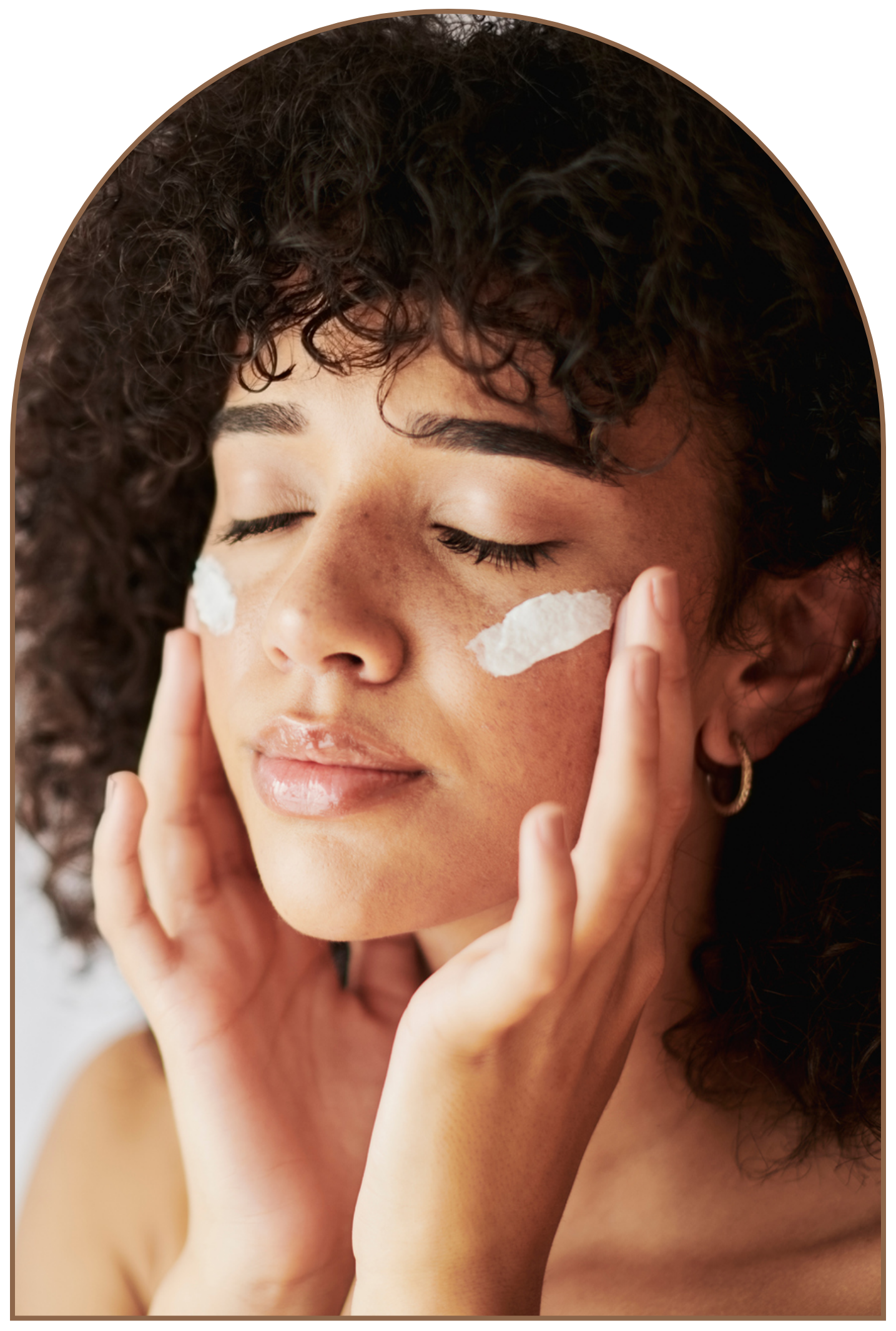Informed patients foster better outcomes. Find the answers you need.
Learn. Heal. Thrive.
Dermatology Services FAQs:
Your Questions, Answered
SkinMD has the answers to the dermatology questions you’ve been searching for. Our comprehensive FAQ page covers several topics, from common skin conditions to treatment options and preventative care.
Whether you’re dealing with persistent acne, found a suspicious spot, or simply want to improve your skin’s health, we have the information you need. Our goal is to provide you with the knowledge and resources to make the best decision for your skin. Explore our FAQs below and if you can’t find the answer to your specific question, reach out to our dermatology practice today.

Your Questions Answered
General Dermatology & Skin Care Questions
At SkinMD, our providers are experts in both medical and cosmetic dermatology, allowing us to provide comprehensive care for our patients.
For example, to treat acne, we may prescribe medications or perform procedures like chemical peels. Once the medical aspects of acne treatment are complete, you may benefit from a follow-up consultation with our aesthetician. They can provide a personalized plan to help reduce the appearance of acne scars and promote healthier-looking skin.
Telemedicine & Over-the-Counter Products
However, please note that some conditions may require an in-person examination.
Pediatric Dermatology
Mohs Surgery
This technique minimizes the risk of recurrence and allows for the preservation of healthy tissue.
After the procedure, your wound will be sutured or left open to heal on its own.

